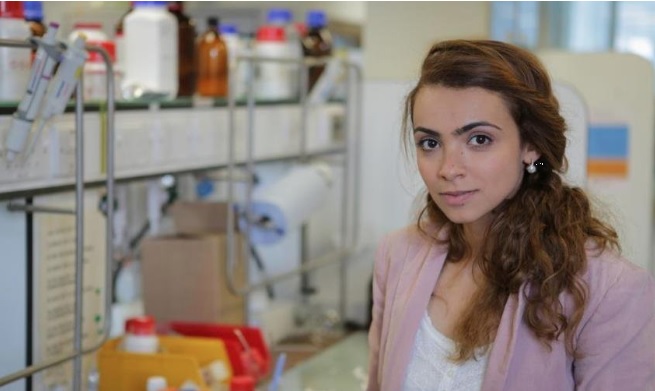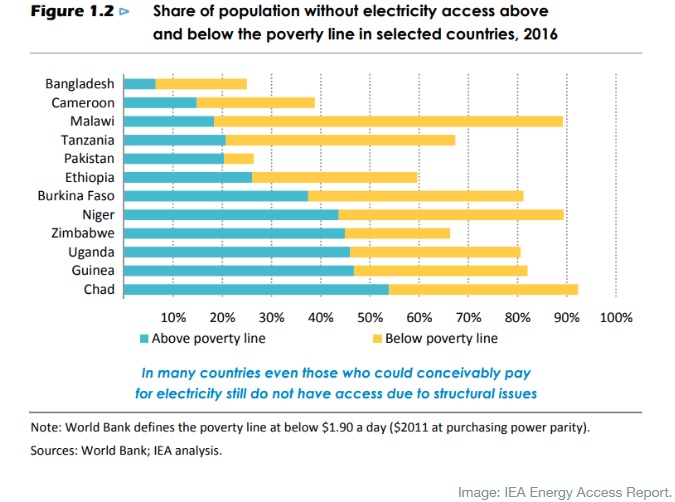Even as the world moves forward with a faster than ever growing demand for energy and electricity, and the falling costs of renewable energy that is slowly driving out conventional fossil fuels, almost 1 billion people around the globe still don’t have access to electricity, while many more have an intermittent or unreliable supply. Enass Abo Hamed, a WEF Young Scientist and Founder of H2GO Power is on a mission to make affordable and reliable green energy a global reality using low-cost hydrogen production and storage technologies.
Even as green energy becomes more widely embraced, and new ways of harnessing it emerge, storage and grid imbalances mean a substantial amount is often wasted. The development of renewable energy can potentially meet the growing requirements for a global energy system beyond fossil fuels. But a key necessity to unlock their true potential is the development of new and scalable technologies for energy storage. “As the clock ticks on a warming globe, some people choose to watch it happening, some choose to deny it, and some choose to act and reverse it,” she said. Her team’s work underscores the increasing importance of renewables as energy security concerns and climate-change awareness grow.
The Product – Hydrogen Sponge
H2GO Power’s patent-pending technology, the “Sponge” was developed while she was working on her Ph.D. at Cambridge University. The sponge involves a highly porous nano-particle based smart material that combines production, storage and controlled release of hydrogen. The catalytic properties of the material allow for hydrogen production through the hydrolysis of metal and chemical hydrides at ambient temperature. The produced hydrogen is then trapped within the polymer framework, which acts as a storage medium until there is a need. When hydrogen is released through the application of heat, with hydrogen release occurring at a specific tuneable temperature allowing for on-off control.
“I developed a safe and efficient hydrogen-storage system, but I wasn’t sure what problem it solved outside the lab. After investigating it further, I realised that this very technology could play a role in helping to create clean, affordable and reliable power supplies,” she said. While her prototypes still need some work, Abo-Hamed and her colleagues are on track to develop energy stores big enough to power a hospital, a school or 100 houses.
H2GO Power also offers a “plug-and-play energy unit” that’s the size of a standard shipping container. These can be transported worldwide and could help in areas where there’s currently little or no access to electricity, for example in parts of rural Asia or sub-Saharan Africa.
The containerized energy unit uses a water electrolyzer to split water and produce hydrogen. This hydrogen is then stored within our solid-state hydrogen storage system until needed. During periods of unmet demand, the storage units release hydrogen to the fuel cell with its output being electricity and water as the only by-product. The entire system is controlled with various algorithms to ensure maximum efficiency on both a device and system scale.
Even so, making affordable, storable, accessible green energy a reality will require open-mindedness from investors, governments, and policymakers, she said, likening the challenge to a marathon, not a sprint. Getting the cost structure right so that it appeals to customers who don’t have many alternatives to polluting fuels will be central to the success, as will securing funding.
There’s also a focus on reducing dependency on polluting energy generation after a World Health Organization report showed more than 90% of the world’s children breathe air that is so polluted it puts their health and development at risk. This, combined with the threat of climate change and a desire to move away from a dependence on fossil fuels, may help shift the focus toward technologies like H2GO Power.
Image Credits: H2GO Power



